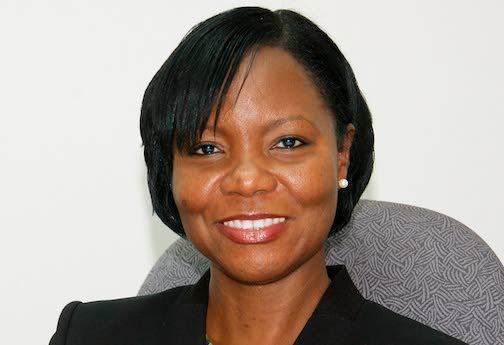Wednesday ruling for local government election injunction

AT 3.30 pm on Wednesday, a High Court judge will rule on an emergency application for an injunction filed by a political activist to challenge the Government’s decision to proclaim parts of the Local Government Reform Act.
On Tuesday, Justice Jacqueline Wilson heard submissions from attorneys for activist Ravi Balgobin-Maharaj, who filed the application in the High Court last week.
The application seeks to restrain all councillors and aldermen elected in the December 2, 2019, local government elections from acting beyond December 3, 2022.
Wilson said she will give her decision at 3.30 pm on Wednesday.
The act allows local government elections to be delayed by a year, which the government has said it wants to do.
Alternatively, Balgobin-Maharaj wants the offices of all councillors and aldermen declared vacant from December 4.
In submissions on Wednesday, Balgobin-Maharaj’s lead attorney, Anand Ramlogan, SC, maintained that amendments to the Municipal Corporations Act could not be applied retrospectively, as that would increase the terms of councillors and aldermen by a year, ultimately delaying the local government elections which should have been due next month or by March 2023.
Ramlogan said for the change to be lawful, Parliament needed to expressly say so, as it took away the right of the electorate to vote in an election when it is legally due.
“The right to vote arises expressly from the provisions of the Municipal Corporations Act for an election to take place within 90 days of the end of the term of office of councillors and aldermen.
“The election must be held when it is legally due.”
Ramlogan accused the government of using “legislative sleight of hand” to postpone the local government elections for an entire year without Parliament expressly saying so.
He said this position was based on an error.
“There is a fundamental breach of the rule of law,” he maintained, urging the judge not to wait until December 3 for “an illegal state of affairs,” as alleged breaches arose from the Cabinet’s interpretation of the amendments.
Ramlogan also said the Cabinet acted in excess of its jurisdiction.
In his legal action, Balgobin-Maharaj has asked the court to stop any plan to postpone the elections and quash a declaration that elections are now due between December 4, 2023, and March 4, 2024, and the decision to extend the term of office of all councillors and aldermen.
Wilson is expected to hear his substantive lawsuit in January.
Objecting to an injunction's being granted, the State’s lead attorney, Douglas Mendes, SC, advised the judge to determine where the least irreparable harm would lie in granting one, since she did not, at this stage, have to decide on the merits of the case.
He said the only issue before the court was whether the amendments to the Municipal Corporation Act were to be construed as applying to a sitting council, taking effect immediately, or only in relation to councils elected in the future.
“If we are correct, and the legislature has extended the terms of office of the current councils, then the effect of an injunction restraining them from acting in their offices will have the effect of shortening their term of office.
“It would mean that the will of the legislature will not be followed, and you will deprive electors of service.”
Mendes referred to the present flooding disaster to reinforce his point.
“The sky has fallen. Water is gushing in all parts of Trinidad. At the moment, there are very urgent matters that need to be attended to at the local government level, and there is nothing councillors can do to solve that problem if you injunct them.”
He also dismissed the argument that public funds would be illegally spent if councillors' terms were extended, saying he did not think these officials would “spirit away the money.”
“What is the harm in expending public money to provide services to the public?...The public would have received a service for the money spent.”
In fact, he said these councillors will be under more scrutiny from both sides of the political divide.
Mendes also said Balgobin-Maharaj was not alleging that the extension was unconstitutional, but had taken issue with statements made by the Minister of Local Government and Rural Development, Faris Al-Rawi, at a media conference.
“There is no decision that is subject to judicial review,” he said, suggesting that instead, an interpretation summons should have been filed.
He said there was nothing wrong with the minister giving his interpretation of what the amendments meant.
“What decision do they want to be quashed? The minister’s opinion? There is nothing to quash, as there is no decision to quash. You can resolve a dispute between parties as to the meaning of the legislation…Come with an interpretation summons to interpret the amendment.
“There is no challenge to the legality of the amendment. What is being challenged is the minister’s interpretation.”
Balgobin-Maharaj, a voter in the Maracas/Santa Margarita electoral district, said he was aggrieved by the decision taken by Cabinet and announced recently by Al-Rawi.
The law was passed in Parliament on June 14 with a simple majority.

Comments
"Wednesday ruling for local government election injunction"